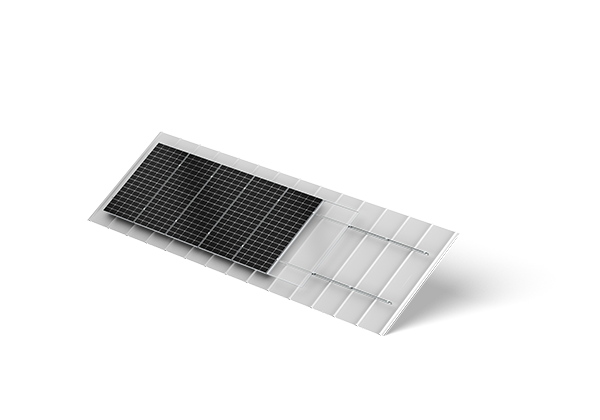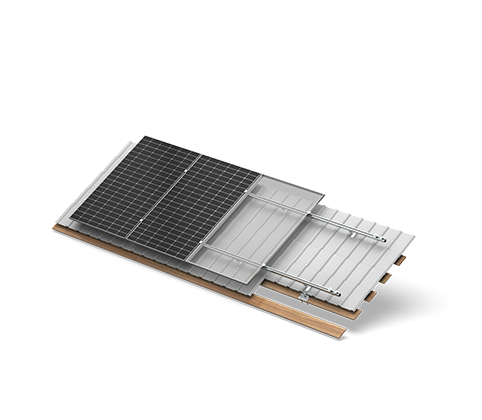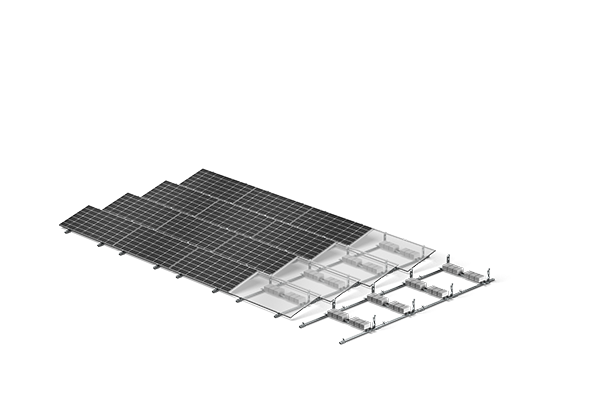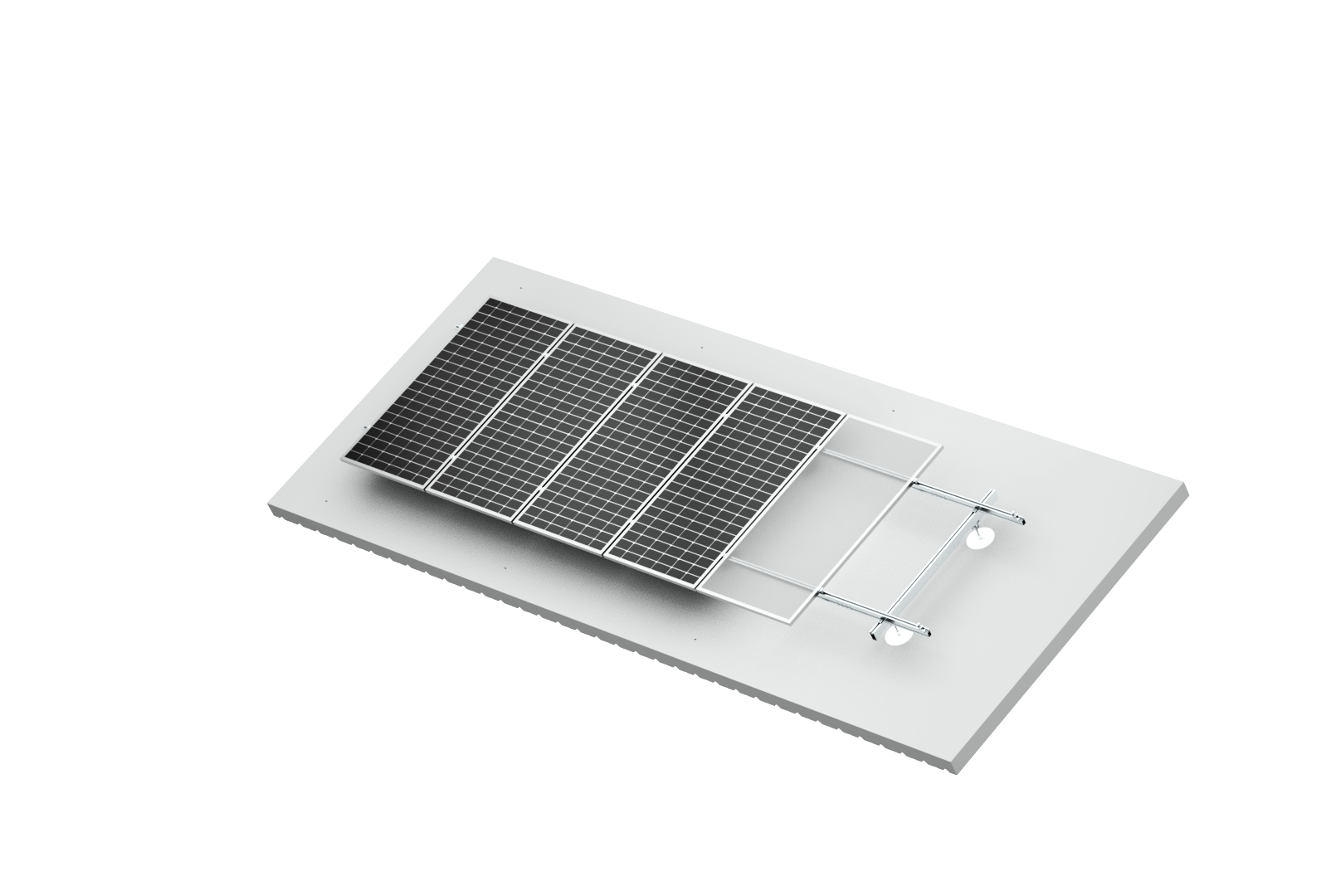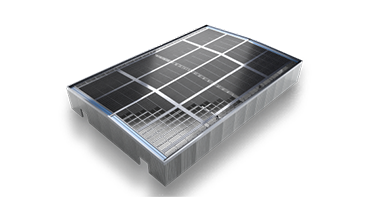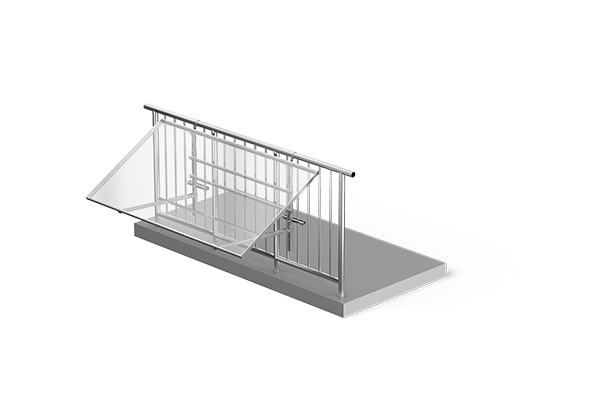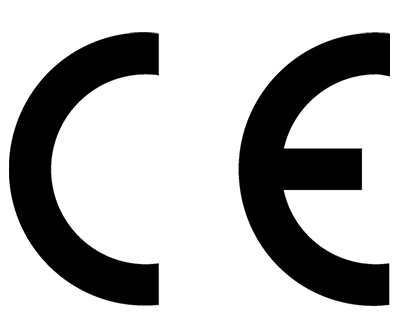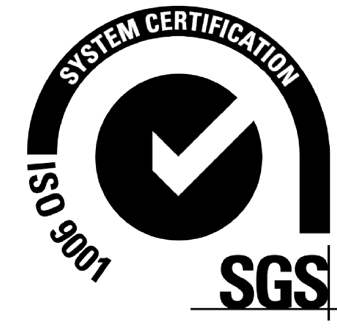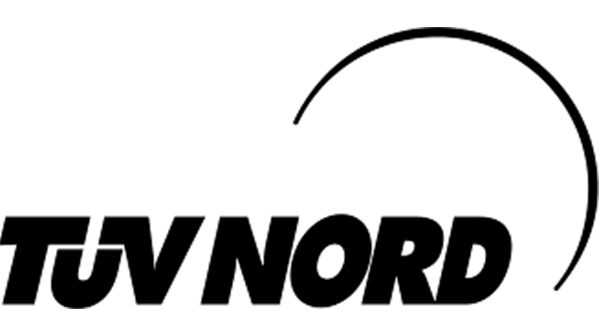True Technology
Believer
ANTAI 6A22 Self-innovated Aluminum Alloy
Antaisolar independently developed a high-performance aluminum alloy, 6A22, which significantly improved strength performance while reducing production costs. In the T6 temper, it achieves a tensile strength of 300-335 MPa and a yield strength of 285-310 MPa. Compared to the commonly used aluminum alloy 6005-T6, the yield strength of 6A22 aluminum alloy is increased by 32.6%. Its high strength characteristics allow ANTAI's PV mounting system to better withstand harsh climate conditions such as heavy snow and strong winds, improving system stability and extending service life.
Unique High performance Aluminum alloy
- ltems (Mechanical properties) Tensile strength(MPa) Proof strength(MPa) Elongation after fracture(%)
- AL6063-T5 175 130 7
- AT6005-T5 250 200 7
- Antai AL6005-T6 290 265 10
- 6A22-T6 300 285 10
Explore Our Full Range
We developed solar mounting solutions suitable for all roof types, tailor-made design and customized production are also available for perfect compliance with your project.

Elastic Drive
Revolutionize your installation process with Snapfit. Utilizing the elasticity of springs, aluminum, and plastic spacers, it speeds up and smooths out assembly, ensuring effortless, quick fittings. Experience enhanced efficiency and seamless performance with Snapfit-where innovation meets convenience.
Know More *With the same project size and number of labors, installation time could reduce 50% using SnapFit Systems.
Products Built to Last
High quality is the foundation of our business. All products from Antaisolar have passed high standard examinations from global organizations. Utilizing high-performance aluminum alloy, with optimal structure design, Antaisolar products withstand extreme conditions, serving up to 15 years of warranty.

Optimal Project Design
PLAY

Introducing the next-generation solar roof design platform, acquiring project design drawings and purchasing lists all in 5 steps.
-
![Location]()
Location
-
![Building]()
Building
-
![Design]()
Design
-
![Result]()
Result
-
![Output]()
Output
Tailored design
We provide tailored project design service especially for complex roof conditions. Our goal is to help the clients to maximize the use of rooftop resources, increase the efficiency of power generation, and ensure project safety.
Kits Package
How our unique packaging solution helps increase efficiency
- ·Fast Shipping with Pre-Packaged Kits
- ·Efficient Storage with Standardized Packaging
- ·Quick Distribution to End-Users
Global Reach,
Local Commitment

Global
Trainning System

Antai offers full supports for our distributors and installation partners, we established global product training system to give the most detailed explainations about our product installation.


